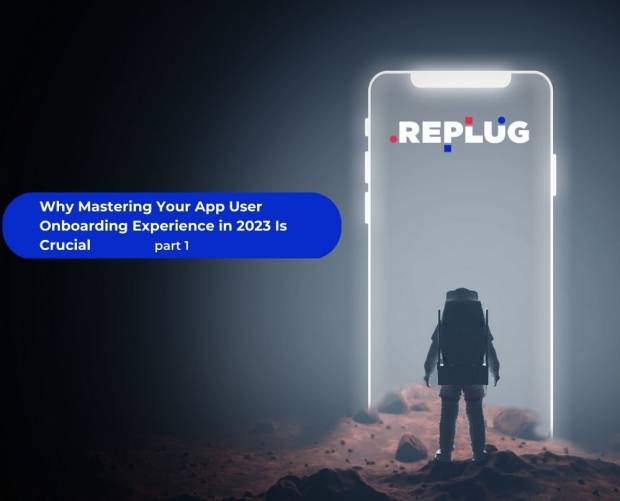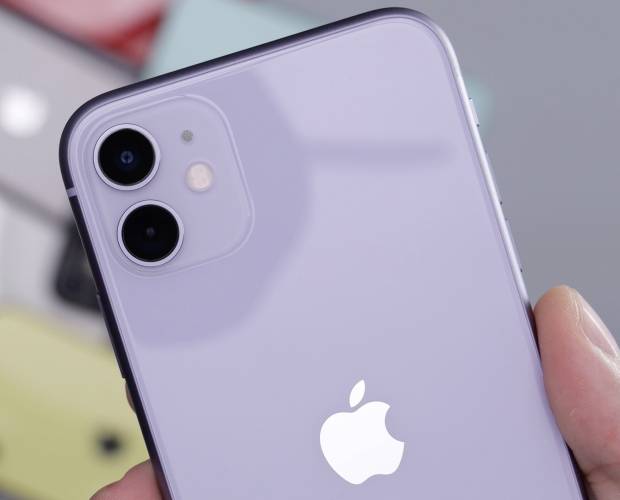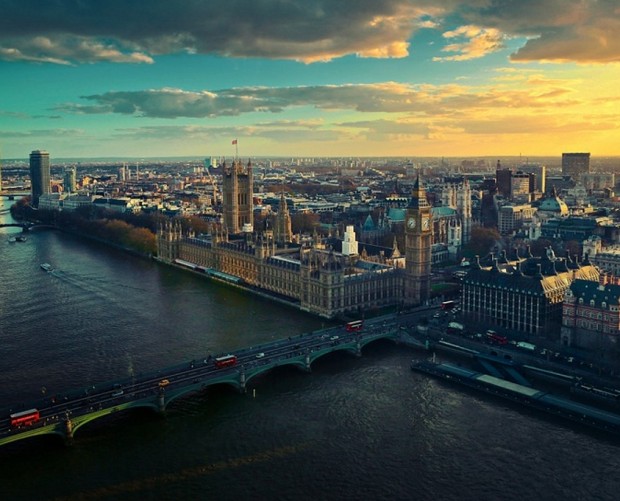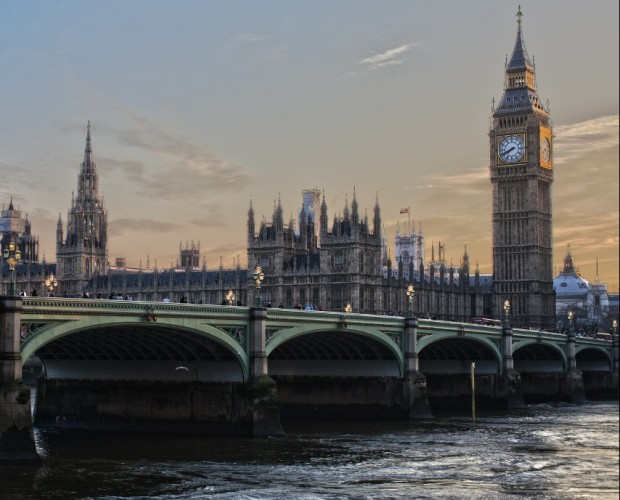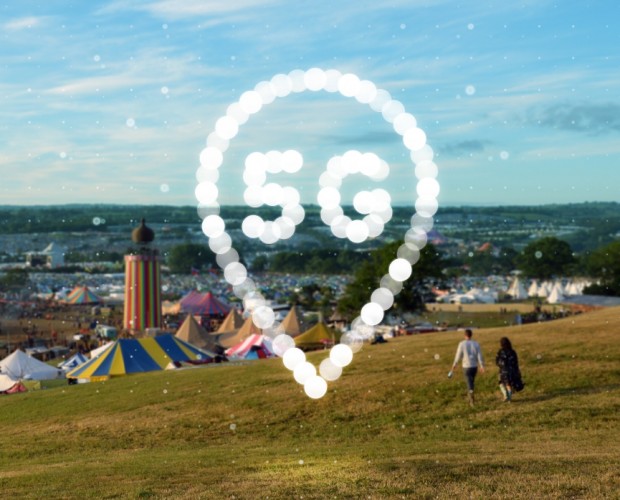David Murphy looks at todays announcement from the Guardian, News UK and The Telegraph of The Ozone Project, a joint digital audience buying platform that enables advertisers to reach their combined digital audience on one platform.
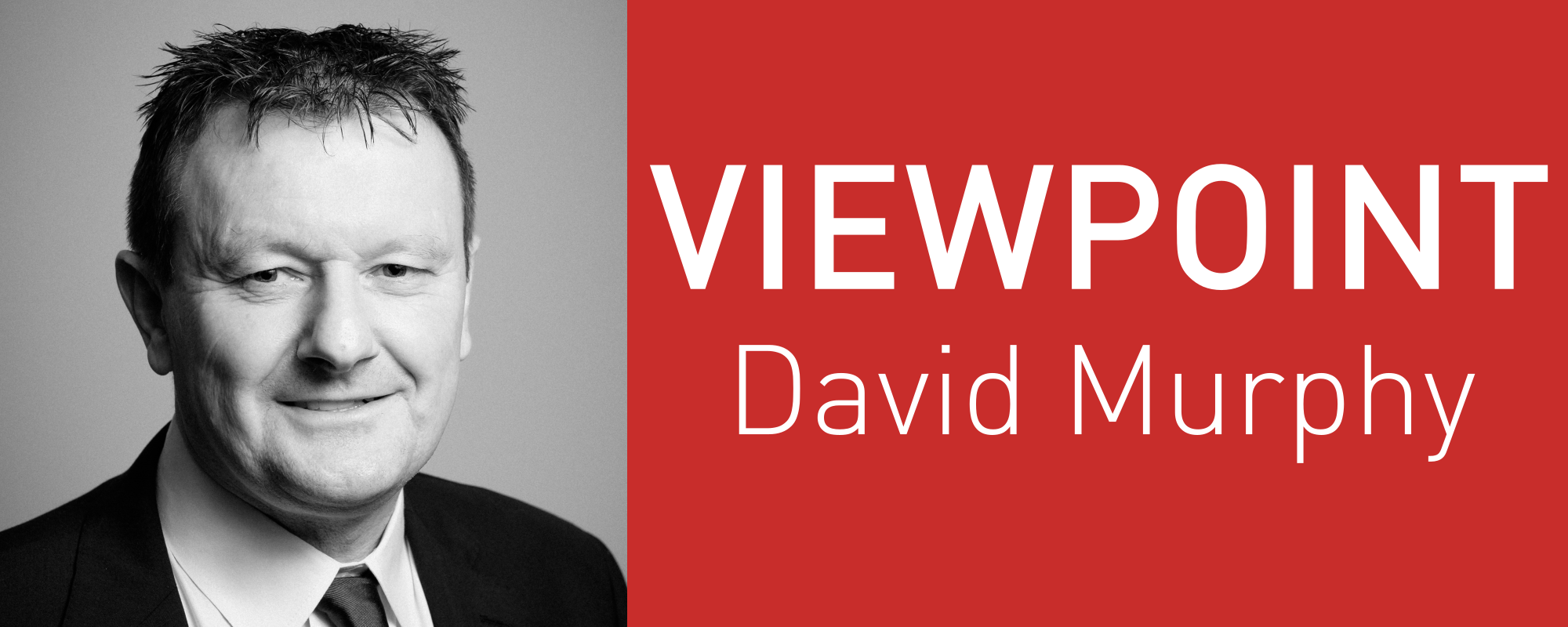 Desperate times call for desperate measures. That’s one way of looking at today’s announcement from the Guardian, News UK and the Telegraph that they are joining forces to launch a single platform where advertisers and agencies can buy online inventory across their four titles – the Guardian, The Telegraph, and News UK’s The Times and The Sun.
Desperate times call for desperate measures. That’s one way of looking at today’s announcement from the Guardian, News UK and the Telegraph that they are joining forces to launch a single platform where advertisers and agencies can buy online inventory across their four titles – the Guardian, The Telegraph, and News UK’s The Times and The Sun.
Such a move has long been mooted, but, such is the traditional rivalry between UK newspaper publishers, previous attempts to make it happen have failed. And in its coverage of the announcement, the Guardian was keen to make clear where the collaboration begins and ends, writing: “The deal involves only online adverts and all the newspaper groups will continue to have their own independent sales teams, who will compete against against each other for business. There is no crossover in editorial content or journalism, and no data will be shared between the newspaper groups.”
In the release announcing the move, the companies said it has been developed “in response to industry-wide concerns across the digital advertising ecosystem around brand safety, data governance, lack of transparency in the supply chain and ad fraud, as well as calls from advertisers for a single point of access to publisher inventory to facilitate an easy buy for scaled quality.”
All of that, I’m sure, is true, but it’s surprising that, with three quality newspaper groups behind the initiative, there’s no mention of the other factor that has undoubtedly done more than all those mentioned above to bring them together – the continued dominance in the digital ad arena of Facebook and Google.
Last December, a report from GroupM forecast that between them, Facebook and Google would account for 84 per cent of global digital ad spend, excluding China. That’s 84 per cent of around $100bn. It’s news to no one that everyone else other than Facebook and Google is somewhat annoyed, to put it mildly, about this situation, but other than repeating the mantra that there is more to digital advertising than Facebook and Google, no one seems to have much idea what to do about it.
The Ozone Project is the start of a co-ordinated response from the UK newspaper publishing sector and the founding members say that their ambition is to open the platform up to other quality publishers and partners over time.
Mark Challinor, former president of the International News Media Association and CEO of Media Futures, has welcomed the move. He told me: “I’m not sure about the name, but the concept is good. Media needs to collaborate in future to give advertisers and agencies relevant, bespoke audiences at scale. This links premium publishers with distinct audiences where dicing and slicing the total audience into meaningful segments should be a success. There have been a number of attempts at doing something similar over the years but personalities and politics have got in the way. It’s about time someone made this happen.”
To what extent it will impact the duopoly’s stranglehold on digital advertising budgets remains to be seen. Last August, speaking on an analyst call following the release of its half-year results, then-WPP chairman Sir Martin Sorrell made it clear that for all its brand safety issues, WPP’s clients were still keen to spend money with Google-owned YouTube.
He told analysts: “There is increasing scrutiny from clients around the effectiveness of digital. But YouTube’s travails over brand safety, fake news, value, viewability, verification, transparency and the Google and Facebook measurement questions, these issues have not stopped or pegged growth of Google and Facebook in our media investment. Despite the uncertainties, this hasn’t checked the growth or importance of the duopoly in digital media.”
But at least in launching the platform, the three publishers have shown themselves to be up for the fight, and with a combined audience of around 39.4m unique users in the UK, The Ozone Project will give Facebook a run for its money in terms of its UK audience reach. The fightback starts here.




